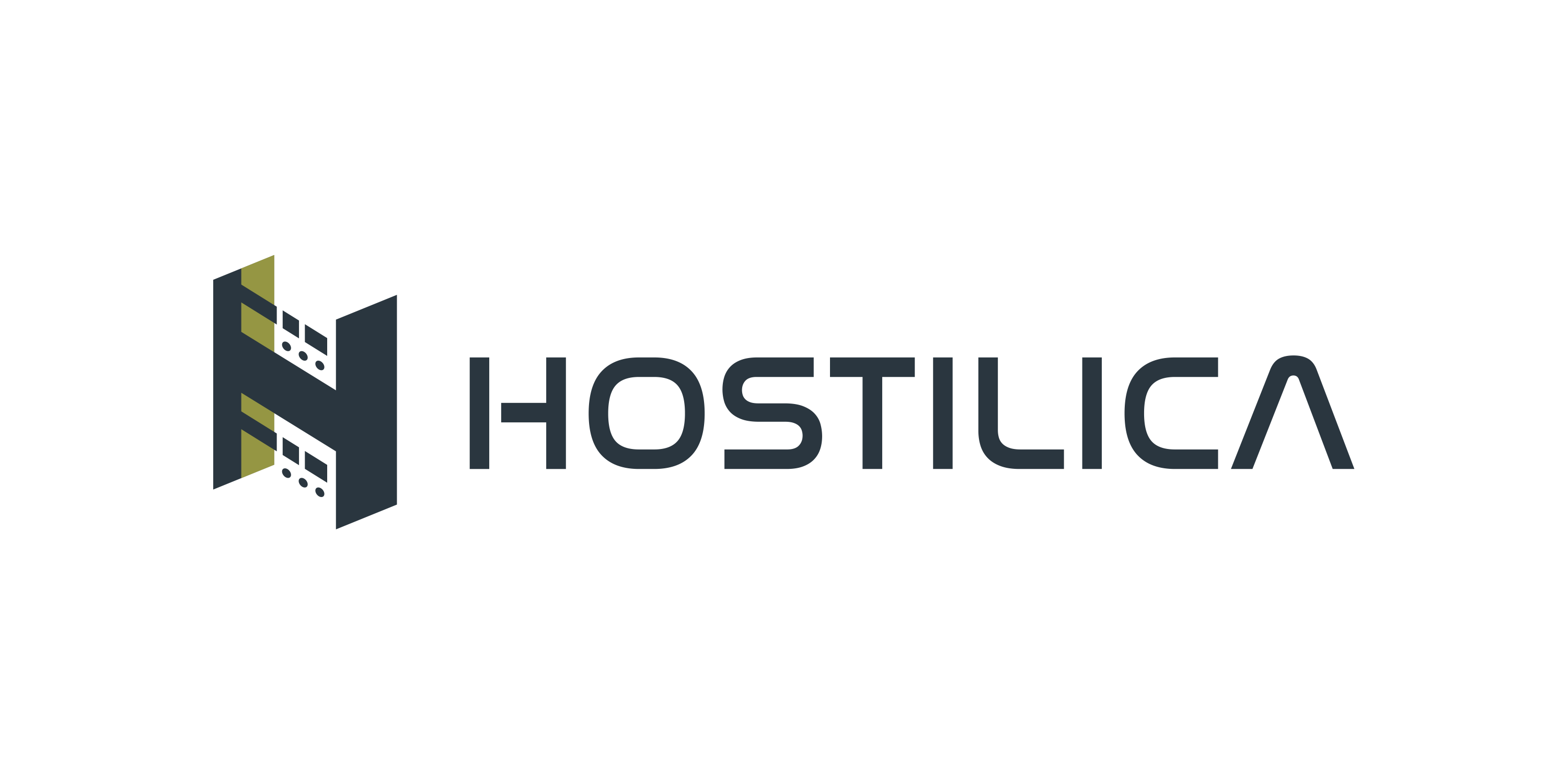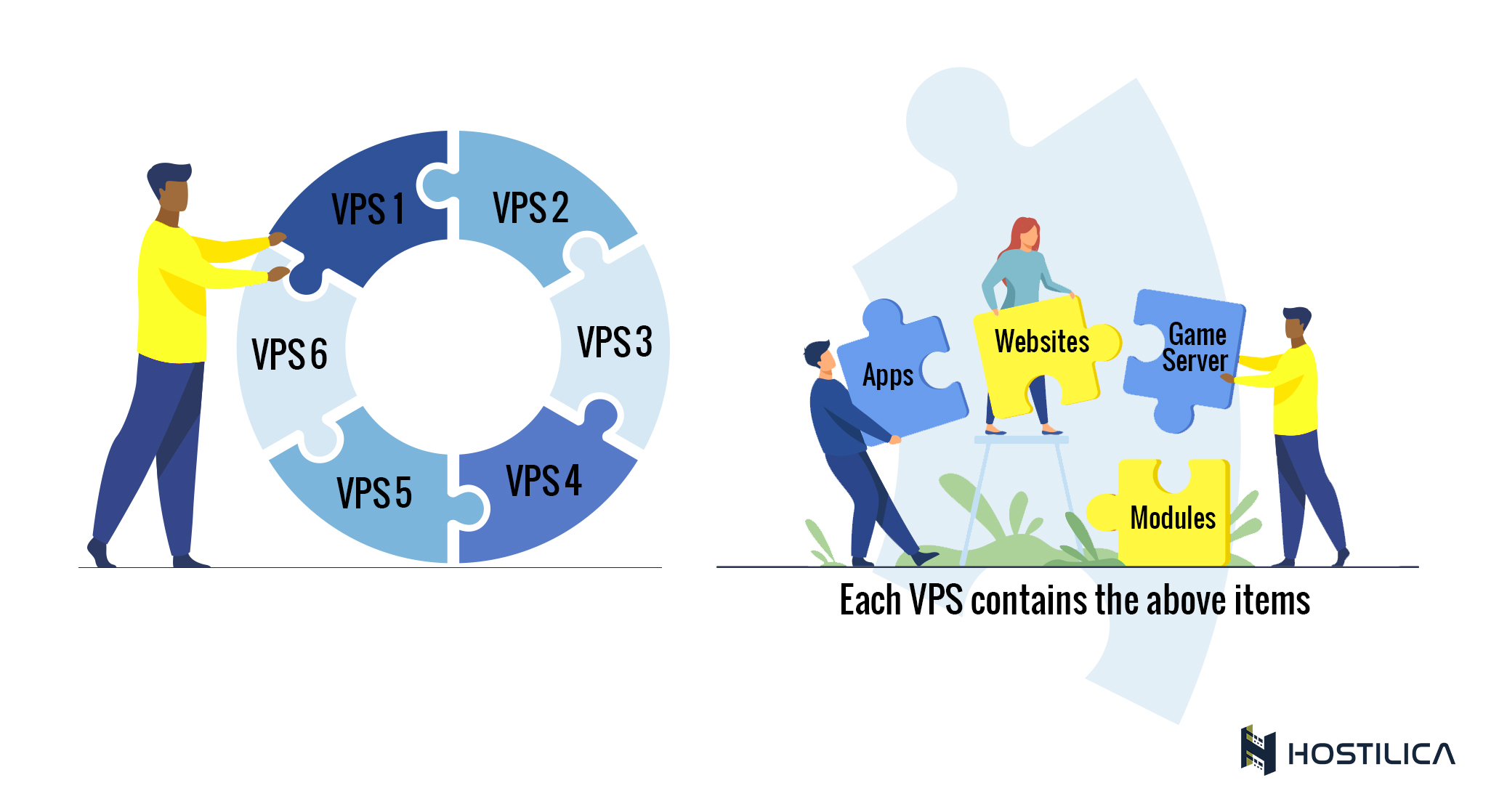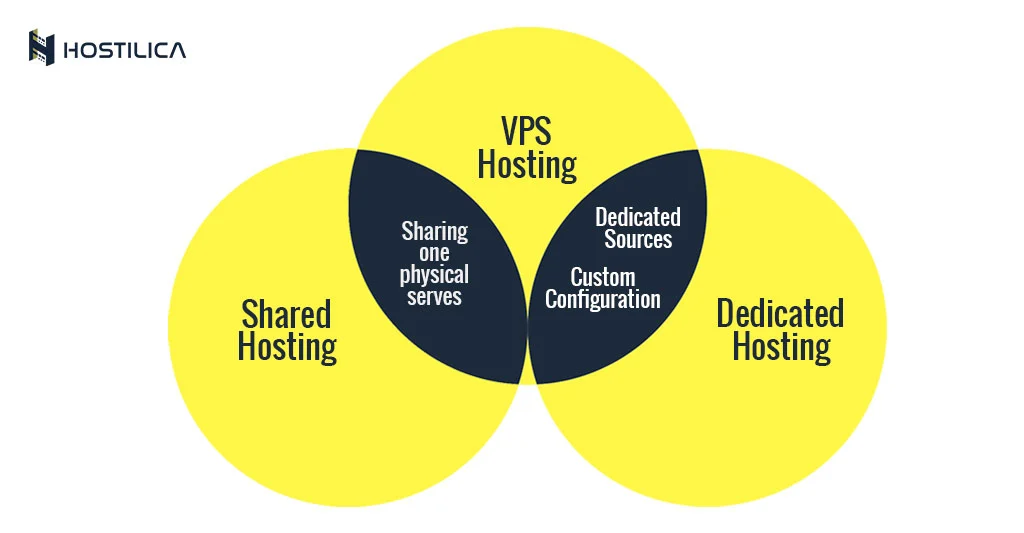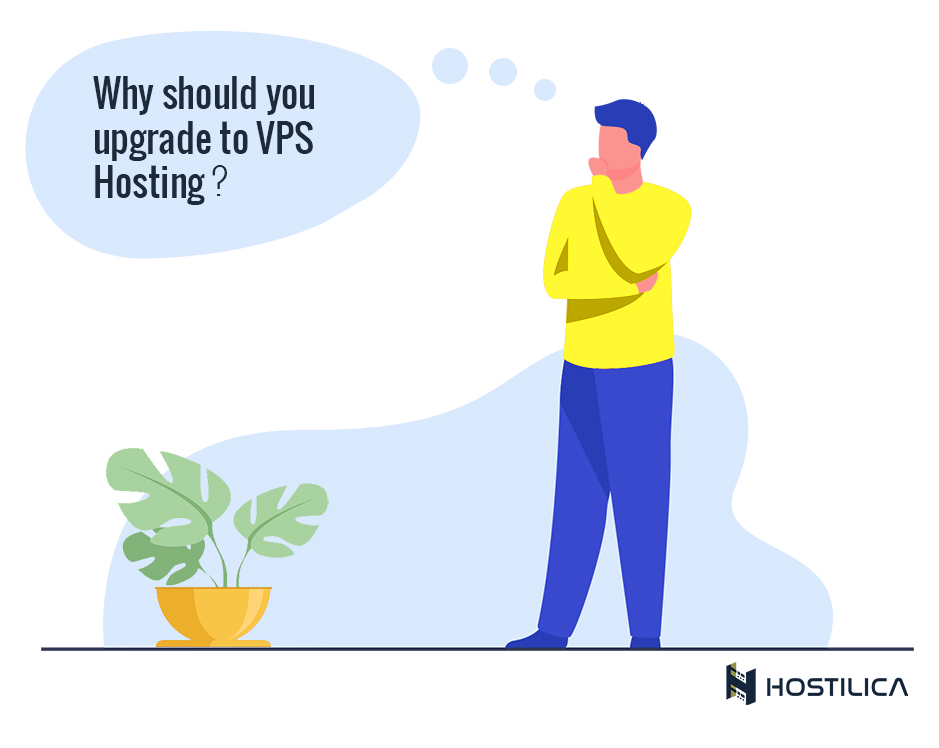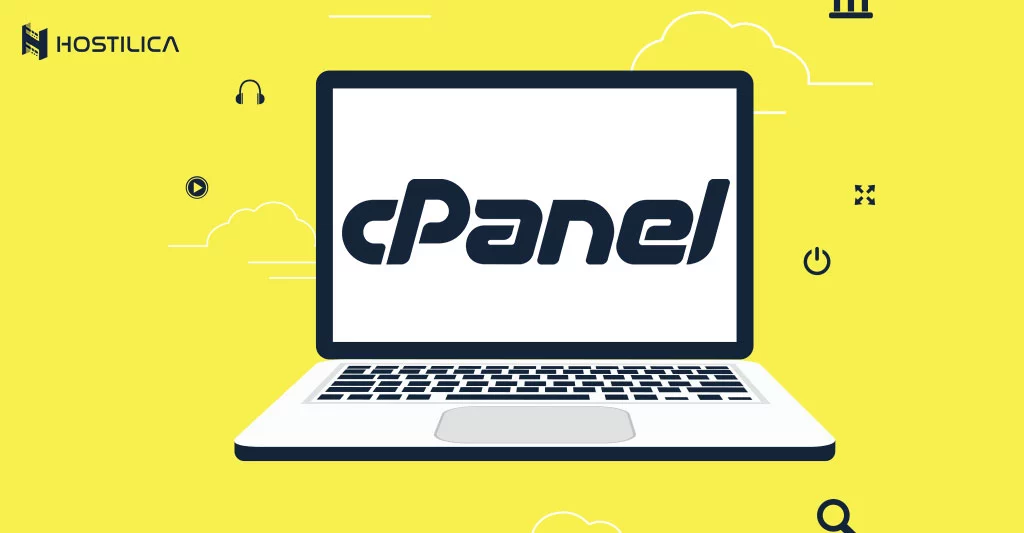When your website’s data and traffic grow, you’ll need to move from shared hosting plans to something bigger that offers more features and resources. In this case, Virtual Private Servers (VPS) will be the best choice for you.
Let’s explain what VPS is and why you should choose it in more detail:
What is VPS hosting?
First of all, the definition of VPS stands for Virtual Private Server.
VPS hosting virtually mimics a dedicated server environment in a shared server.
By the way, VPS is one of the most popular hosting types because it provides you with dedicated resources and it costs lower than a dedicated server. But provides you with better reliability and performance than shared hosting.
VPS is often a great option for small to medium companies that are growing up, so they need a secure, more affordable, and high-performance hosting option.
A quick comparison between Shared Hosting, VPS, and Dedicated Servers
Shared Hosting:
As we already know, shared hosting is about sharing a single physical server between multiple users and websites that share all of the server resources and can affect each other.
VPS Hosting:
VPS as we explained above, is a virtual private server. However, the difference between it and shared hosting is that with VPS hosting is that we’re still sharing one physical server. Still, we have dedicated resources and custom configurations with our virtual server and unlimited scalability.
Dedicated Hosting:
A dedicated server simply means that we have a full server/computer with all of its resources, here you have total control; for example, we can upgrade the server ram or the hard drive, also in this case, we have full control and responsibility of our server security
How VPS works?
VPS hosting emulates a dedicated server while using a single physical server with other users, VPS hosting uses a parent server to host many servers which are separated from each other virtually.
We can achieve that by using a software called a hypervisor, which makes hosting companies capable of implementing a virtual layer on top of the original operating system (OS) to divide the virtual servers. The segmentation between the virtual servers’ walls enables users to install their operating system, their software and create a private server, separated from other users on the operating system level.
Types of VPS Hosting
There are different types of VPS hosting which you might have seen or heard about, which are the un-managed VPS and the managed VPS. Let’s talk about each one of them in more detail.
Unmanaged VPS:
At first glance, we can understand from the name that with the unmanaged VPS, the web hosting provider offers you a VPS without many services, let’s talk about the details.
When you choose the unmanaged VPS, here the web hosting provider installs the operating system for you on the VPS, but you as a site owner takes over managing the other aspects of the server such as:
- Installing your preferred control panel and other various software.
- Taking care of your server security, installing security patches, and fixing any other bugs or error messages.
- If there any type of failure, you’re the person who takes control and figuring out a solution to this problem
- Maintaining and configuring any software updates and/or upgrades for your server.
- Being responsible for setting up backups.
This plan is recommended when you have technical experience.
Managed VPS:
With the managed VPS, the hosting provider IT team takes care of your server and makes sure that your VPS server is up and running correctly. this is what you would expect from your web hosting provider if you went with the managed VPS choice:
- Server setup:
- Your hosting provider will do the initial installation for your server including installing your control panel and operating system with any server software.
- Server updates:
- Your hosting provider will update your operating system for you to make sure that your server is up and running smoothly.
- Security patches:
- Your hosting provider will set up all of the necessary security patches for your operating system and your core server software.
- Automated backups:
- Your hosting provider will set up automatic backup services for you, so you can retrieve any copy of your website if anything has gone wrong with you.
- Monitoring:
- Your hosting provider will monitor your server for any early signs of hardware, software failure, and any malicious attacks.
After we have completely understood what the VPS is, how it works, and its types. It’s time to know what are the benefits of the VPS, so let’s dive in:
What are the benefits of going with the VPS Hosting option?
As you might know, the main strength points of having a VPS are that they give you more freedom on having your virtual machine which can handle more traffic volume with more performance than the shared hosting, but let’s go into detail for almost all of the benefits of the VPS Hosting:
- High performance:
The VPS hosting will have its own allocated bandwidth and storage which isn’t shared with any users.
- Value:
VPS Hosting is more affordable than a dedicated server, but it delivers you a lot more value than shared hosting.
- Control:
You have root access, so you have full control of your server.
- Customization:
You can customize as you want with your VPS, this gives you the ability to get only the features that you need, which starts from choosing your operating system and ends with every software on your server.
- Security:
On the physical server, all of the VPS environments are isolated and separated from each other, which gives you more security than shared hosting.
- Scalability:
With VPS, you can purchase the resources that suit you and your needs, and if you need more in the future, you can easily upgrade your resources, so VPS is highly scalable.
When I should switch to VPS Hosting?
After knowing more about VPS Hosting and the difference between it and the other options, I guess you are now asking yourself when I should switch to VPS Hosting, let’s answer this question by highlighting the common need that drives companies and users to use VPS hosting:
- You need more power than a shared host.
- You might also want to scale down from a dedicated server that has more than your needs.
- You need to improve your security.
- You need to achieve reliability and high performance.
- You need to create a separate development environment.
- You need to install your custom software.
Conclusion:
To conclude, VPS hosting is the best solution for growing websites, and for companies who are looking forward to having more data protection and security. Plus, VPS is a cost-effective solution, so you take advantage of the affordable price, scalability, and freedom that VPS offers to you.
HOSTILICA has the most optimized, affordable, and best VPS hosting plans, you can rely on us when it comes to VPS hosting. You can take a look at our VPS Hosting plans from here.
